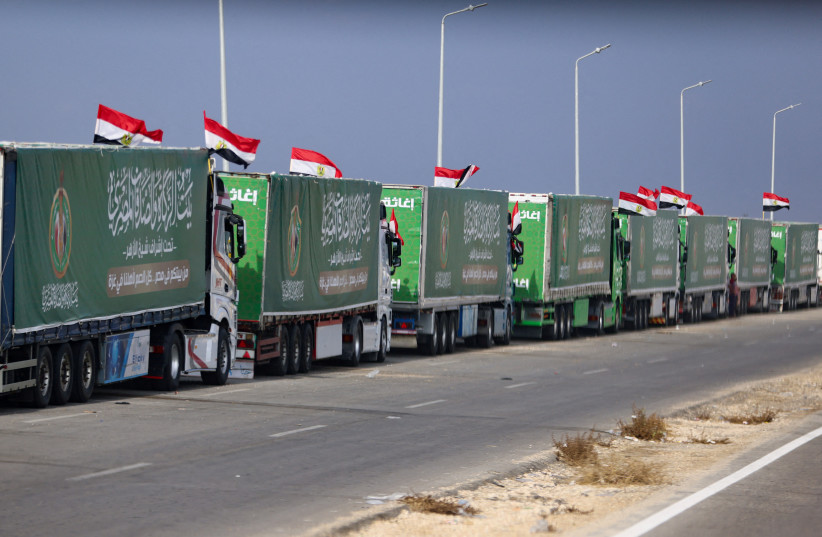United Nations organizations said on Tuesday that child malnutrition levels in northern Gaza were "particularly extreme" and about three times higher than in the south of the Palestinian enclave where more aid has been available.
Richard Peeperkorn, World Health Organization (WHO) representative for Gaza and the West Bank, said that one in six children under two years of age were acutely malnourished in northern Gaza. "This was in January. So the situation is likely to be greater today," Peeperkorn added, referring to when the data was recorded.
UNICEF spokesperson James Elder said malnutrition rates for children under five in northern Gaza, where access to aid has been highly limited since the start of the war between Israel and Hamas on October 7, were three times higher than those in Rafah in the south. Elder said this showed that "when that trickle of aid can come in, it does make a life-saving difference."
At least 15 children have died over the past few days from malnutrition and dehydration at Kamal Adwan Hospital in northern Gaza, the health ministry in Gaza said on Sunday.
Demanding that Israel take action to remedy the humanitarian crisis in Gaza
Calls for Israel to do more to address the humanitarian crisis have grown louder since the deaths of Palestinians lining up for aid in Gaza last month. Gaza health authorities said 118 people were killed, attributing the deaths to Israeli fire and calling it a massacre. Israel, which says many people were trampled or run over, has pledged to investigate.

Adding to hunger, there is a growing risk from infectious diseases, with nine in ten children under the age of five - around 220,000 - falling sick over the last weeks, according to Elder.
"That becomes the spiral that we are so fearful of: infectious diseases, lack of food, a desperate lack of clean water, ongoing bombardment, and incredulously continued discussions of an offensive into Rafah, which is a city of children," Elder told reporters in Geneva, referring to Israel's stated aim of rooting out Hamas battalions it says are hiding there.
"Rafah has about three-quarters of a million children living there," Elder said. Israel last month intensified its bombardment of Rafah, where about 1.5 million people are estimated to be crammed, most of them having fled their homes further north to escape Israel's military onslaught.
The UN Office for the Coordination of Humanitarian Affairs has said that a quarter of the population - 576,000 people - are one step from famine, nearly five months after Israel's assault on Gaza began.
